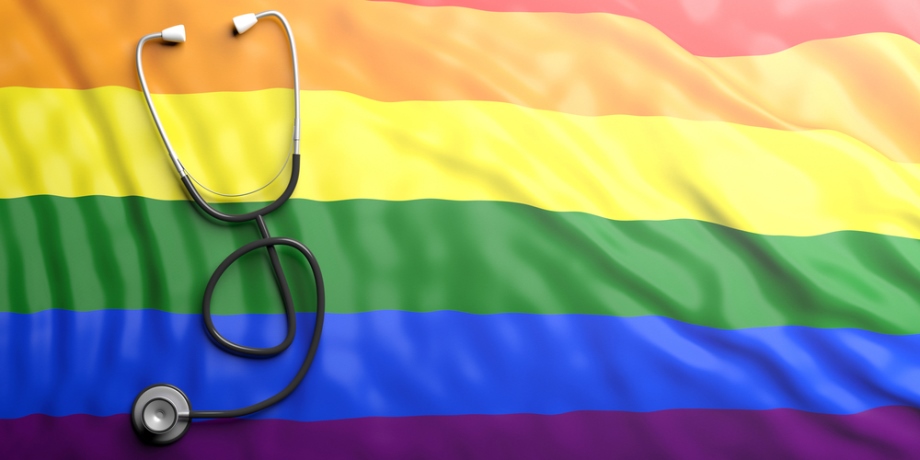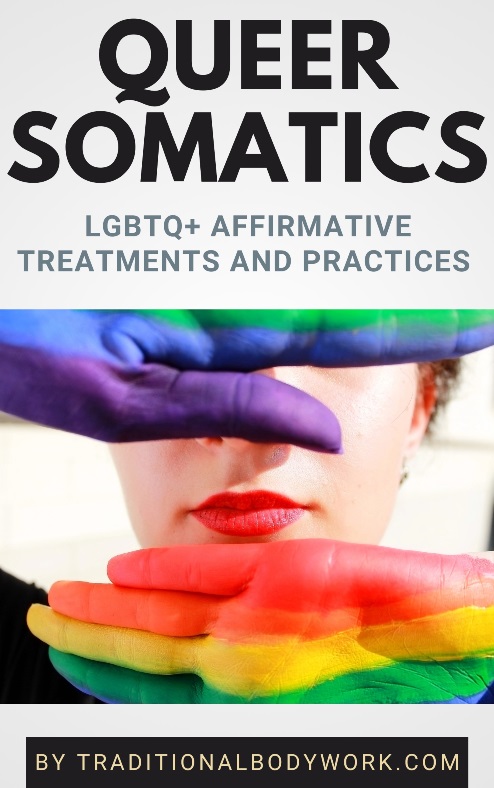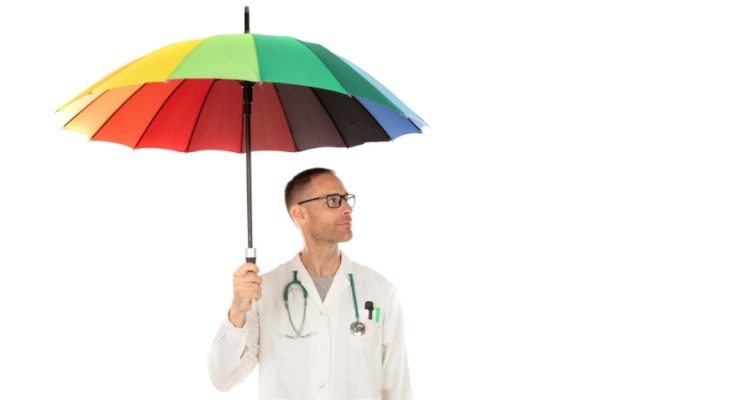
LGBTQ+ Healthcare involves physical and mental healthcare such as given to anyone else, but in addition takes into account that there are specific domains that need special medical interventions or approaches.

We’ve talked about the above in our chapter Gender Affirming Healthcare, which is targeted to the healthcare needs of transgender and other gender diverse people, but gender diverse individuals are only part of the entire LGBTQ+ community. For instance, LGBTQ+ folks also include those with non-traditional sexual orientations and intersex people.
To give an example: gay men, lesbians and bisexual persons may not need Gender Affirming Care, but often do struggle with topics like “coming out,” having children or adoption issues, and social rejection, issues that not uncommonly affect their mental health negatively.
Apart from the above, the LGBTQ+ community as a whole has common issues and experiences with regard to healthcare offerings that affect their health and wellbeing. Research done on the topic has again and again revealed that LGBTQ+ people in a lesser degree engage in or have access to health services because of stigma, violence, criminalization, discrimination, and/or rejection by healthcare services and/or healthcare insurances due to their sexual orientation and/or gender identity or expression.

All together, the above results in worse physical and mental health outcomes compared to non-LGBTQ+ people. For instance, LGBTQ+ people in a larger degree tend to suffer from HIV/AIDS issues, asthma, high blood pressure, breast and cervical cancer, sexually transmitted diseases, sexual disorders and dysfunctions, hepatitis, mental health issues, substance use disorders, alcohol use, depression, and/or trauma.
At any rate, there’s still a lot of work that need to be done by society in general and by healthcare providers in particular to create a welcoming LGBTQ friendly, affirmative, and trauma-informed environment, not only on the social level but likewise on the level of knowledge and hands-on professional proficiency in dealing with specific LGBTQ+ health issues.

















